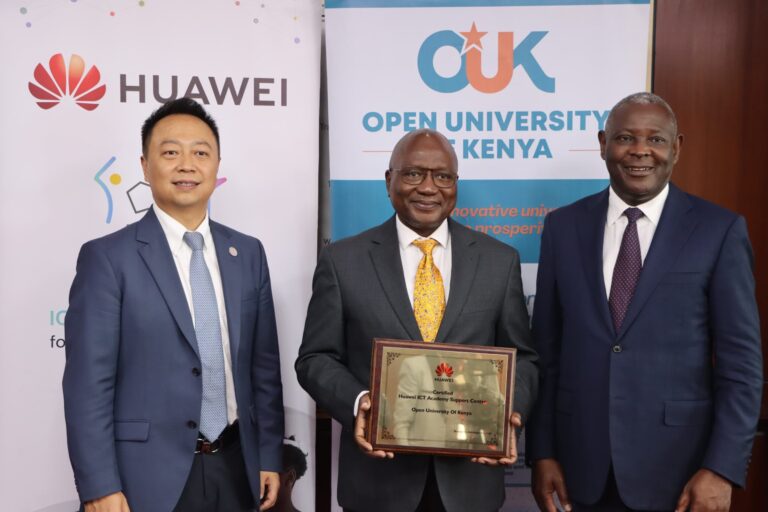Kenya’s TVET sector to undergo reforms on sustainability, relevance
NAIROBI, Kenya, May 23 – Kenya’s State Department for Technical and Vocational Education and Training (TVET) is implementing major reforms to reposition the sector as a key driver of job creation and inclusive growth under the government’s Bottom-Up Economic Transformation Agenda (BETA).
The reforms, presented to the National Assembly’s Departmental Committee on Education in April 2025, focus on enhancing the relevance, accessibility, and sustainability of TVET institutions across the country.
They are designed to deliver skilled manpower for priority sectors such as agriculture, micro and small enterprises, affordable housing, healthcare, and the digital economy.
One of the core reforms is the rollout of modular Competency-Based Education and Training (CBET) starting May 2025.
This new format allows learners to undertake short, flexible training blocks that are responsive to labour market demands, including for upskilling and reskilling of adults already in the workforce.
To support equity and inclusion, the department has expanded community-based initiatives like Ujuzi Manyattani, a mobile training model targeting marginalized regions.
In parallel, special needs institutions such as Sikri and Karen Technical Training Institutes are being considered for upgrade to national polytechnic status.
Infrastructure development is also central to the strategy. With funding from the World Bank, African Development Bank, and AUDA-NEPAD, the government is constructing new centres of excellence and equipping existing institutions with modern training facilities.
This includes 144 TVETs hosting Jitume Labs for digital skills development and over 11,000 devices deployed across 204 institutions.
The State Department has also introduced financing reforms, encouraging institutions to adopt income-generating projects—such as agribusiness, automotive repair, and manufacturing—to enhance financial sustainability. At the same time, policies for broader TVET financing are under review.
Industry collaboration is being scaled up through dual training models. More than 1,500 employers are now offering workplace learning opportunities, supported by incentives like tax rebates for industry partners.
To improve graduate employability, TVETs are establishing Offices of Career Services to coordinate internships, maintain alumni networks, and conduct internal job placement surveys.
Kenya is also aligning its qualifications framework with continental standards to support skills mobility across Africa.
Overall, the reforms reflect a comprehensive strategy to make Kenya’s TVET system more industry-driven, digitally equipped, and globally competitive—anchoring its role in delivering the skilled workforce needed for the country’s economic transformation.







